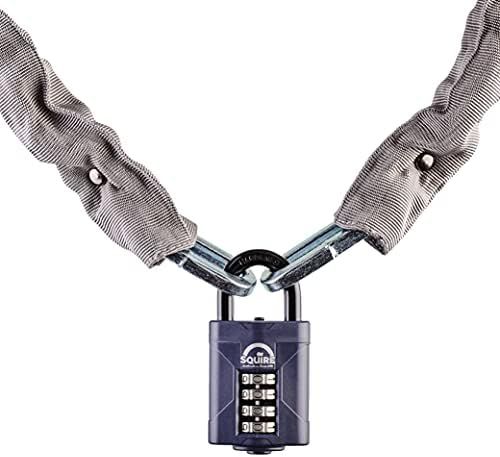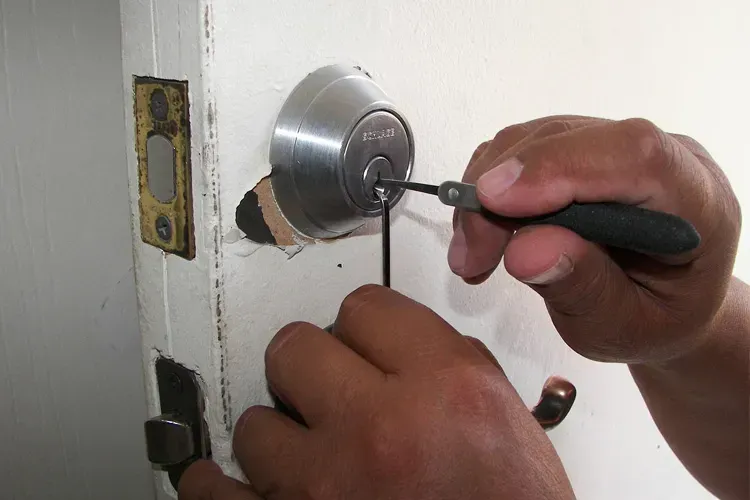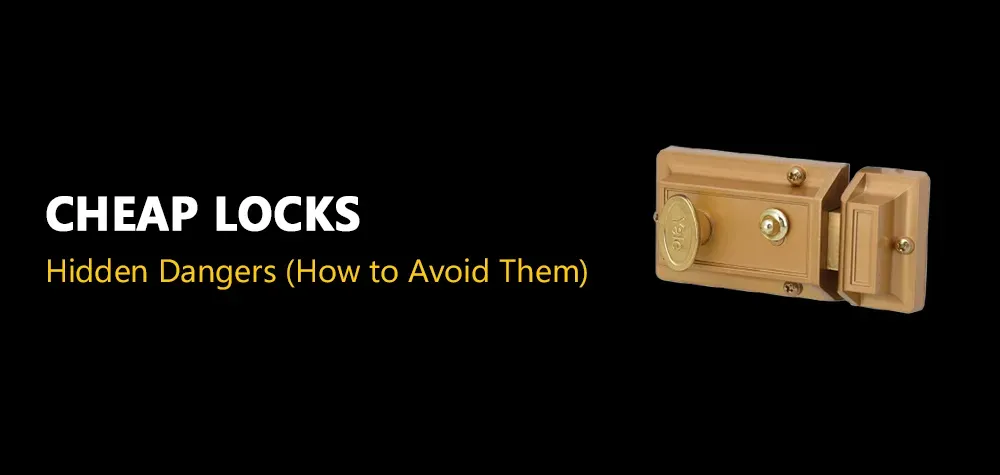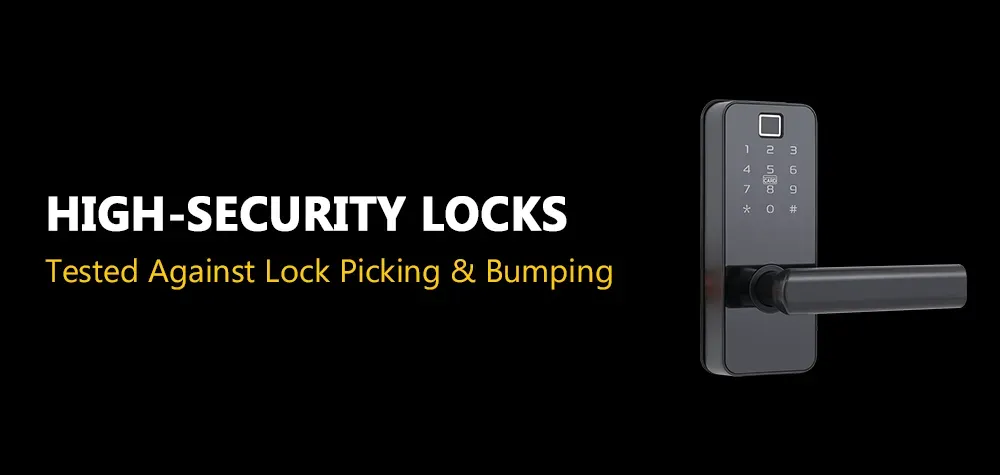Emerging Trends in Smart Locks & Digital Security
The world of security is evolving rapidly, and traditional locks are becoming a thing of the past. As we move into 2024 and 2025, smart locks and digital security systems are transforming how we protect our homes and businesses. From biometric authentication to AI-driven security solutions, the advancements in this field are not just about convenience—they are about redefining safety itself. The demand for smarter, more adaptive security solutions is at an all-time high, driven by technological innovations and the increasing need for robust protection against cyber and physical threats. Whether you are upgrading your home security or looking for enterprise-level solutions, understanding these emerging trends will help you make informed decisions about the future of digital security.
How to Choose the Right Locksmith for Smart Lock Installation
The Rise of Biometric Smart Locks
One of the most significant advancements in smart lock technology is the widespread adoption of biometric authentication. Traditional keys and even numeric passcodes are being replaced by fingerprint scanning, facial recognition, and voice authentication. These biometric systems offer a higher level of security by ensuring that only authorized individuals can gain access. Unlike passcodes that can be shared or stolen, biometrics provide a unique, non-replicable method of identity verification.
Fingerprint recognition has already been integrated into many smart locks, but the upcoming years will see a shift towards multimodal authentication. This means combining two or more biometric methods, such as using both facial recognition and fingerprint scanning, to provide an added layer of security. The goal is to make unauthorized access nearly impossible while ensuring a seamless and user-friendly experience for homeowners and businesses.
AI-Driven Security Enhancements
Artificial intelligence is becoming a crucial part of smart lock and digital security systems. AI-powered locks can now learn user behavior and detect anomalies that may indicate security threats. For example, an AI-driven system can recognize the usual times a homeowner enters their property and flag any attempts at entry during unusual hours.
Additionally, AI-enhanced security cameras are now integrated with smart locks, allowing real-time facial recognition and instant alerts in case of unauthorized access attempts. AI also enables predictive security, where the system can anticipate security threats based on past patterns and notify users before an actual breach occurs. The ability of AI to process vast amounts of data and identify potential threats before they escalate is setting a new standard for digital security.
The Expansion of Remote Access and Control
One of the most appreciated features of modern smart locks is remote access. With smartphone apps and cloud-based control, users can now manage their locks from anywhere in the world. Whether granting temporary access to visitors or monitoring real-time security updates, remote access is becoming a standard feature in all high-end smart locks.
Moreover, cloud-based security management is expanding beyond residential use. Businesses are increasingly adopting remote access solutions to manage employee entry, grant permissions to contractors, and monitor multiple access points from a single dashboard. This eliminates the need for physical keys, reducing the risk of unauthorized duplication and improving overall security.
Risks and Challenges of Digital Security
While smart locks and digital security systems offer enhanced protection, they also come with their own set of challenges. Cybersecurity risks remain a primary concern, as hackers are constantly evolving their tactics to bypass digital defenses. Poorly protected smart locks can become vulnerable to hacking attempts, allowing unauthorized access to homes and businesses.
Another significant challenge is system failure due to power outages or software glitches. Unlike traditional locks, smart locks rely on electricity and internet connectivity, making them susceptible to disruptions. To mitigate this, manufacturers are incorporating battery backups and offline access options to ensure functionality even during technical failures.
Expert Recommendations for Enhanced Security
Experts recommend choosing smart locks from reputable brands that prioritize cybersecurity. Investing in devices with end-to-end encryption and regularly updating software can significantly reduce the risk of cyber threats. Additionally, enabling multi-factor authentication and using strong passwords for remote access accounts further enhances security.
For businesses, integrating smart locks with broader security ecosystems, such as surveillance cameras and AI-powered monitoring, ensures a comprehensive defense strategy. Regular security audits and employee training on best practices also help maintain a secure digital environment.
Preventive Measures for a Secure Future
To stay ahead of potential threats, users should adopt proactive security measures. Regularly updating smart lock firmware ensures that any discovered vulnerabilities are patched before hackers can exploit them. Avoiding default or easily guessed passwords and regularly reviewing access logs can help detect any suspicious activity early.
Using backup access methods, such as mechanical keys or secondary authentication methods, ensures that users are not locked out in case of system failures. As smart locks continue to evolve, staying informed about the latest security practices is essential for maximizing protection.
Conclusion: The Smart Security Revolution
The future of smart locks and digital security is bright, offering enhanced protection, convenience, and peace of mind. With the integration of biometrics, AI-driven monitoring, and remote access capabilities, security systems are becoming smarter and more efficient. However, staying vigilant against cybersecurity threats and adopting best practices is crucial for maintaining a secure environment. By understanding these emerging trends and taking the necessary precautions, homeowners and businesses can fully embrace the next generation of security technology with confidence.
Call Us Any Time!






